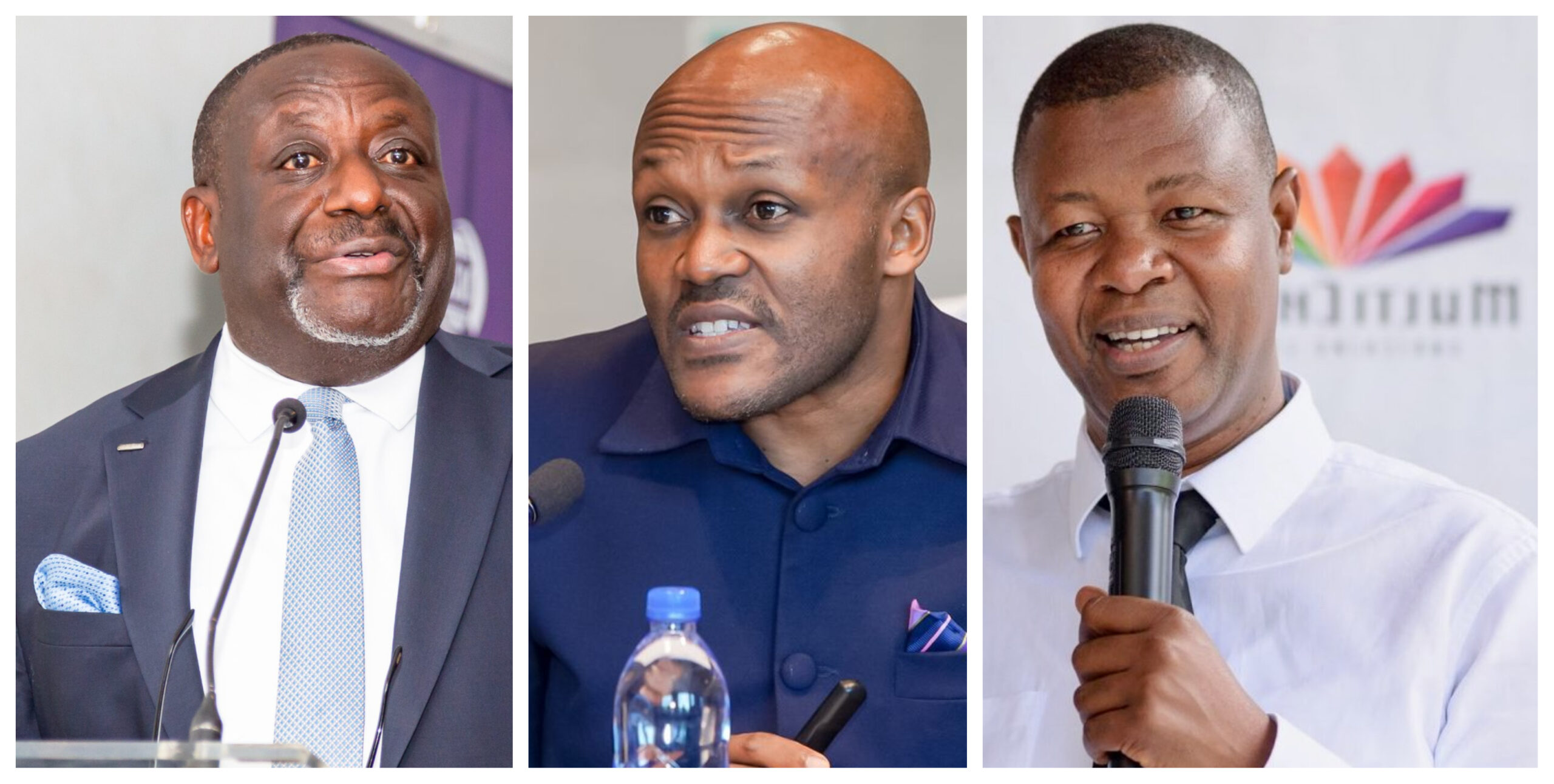Uganda Communications Commission (UCC) has asked the standards agency to investigate the illegal importation of streaming devices that are being used on the local market to reproduce content that is…
UCC asks UNBS to probe entry of devices illegally streaming MultiChoice and other pay TV content


